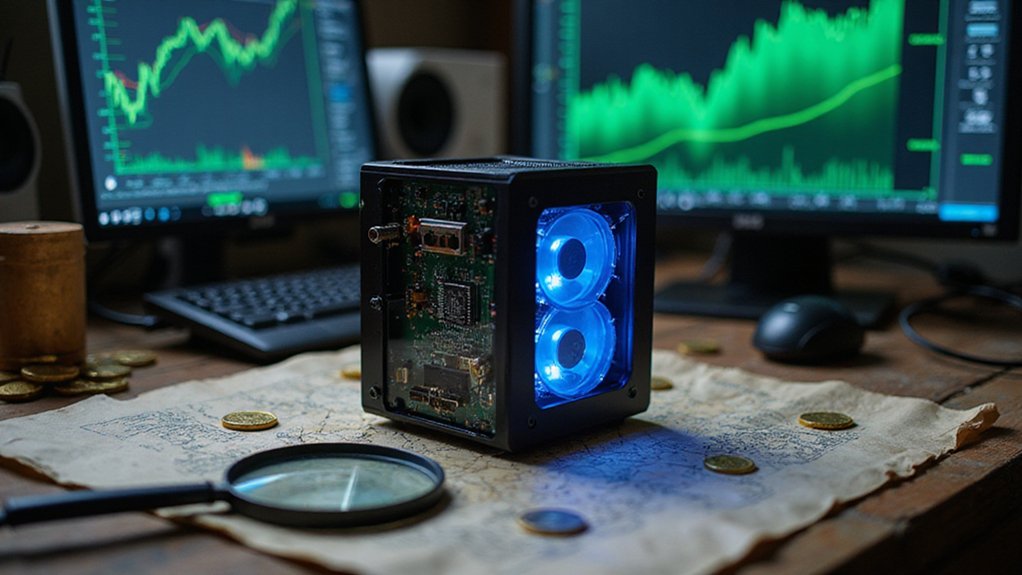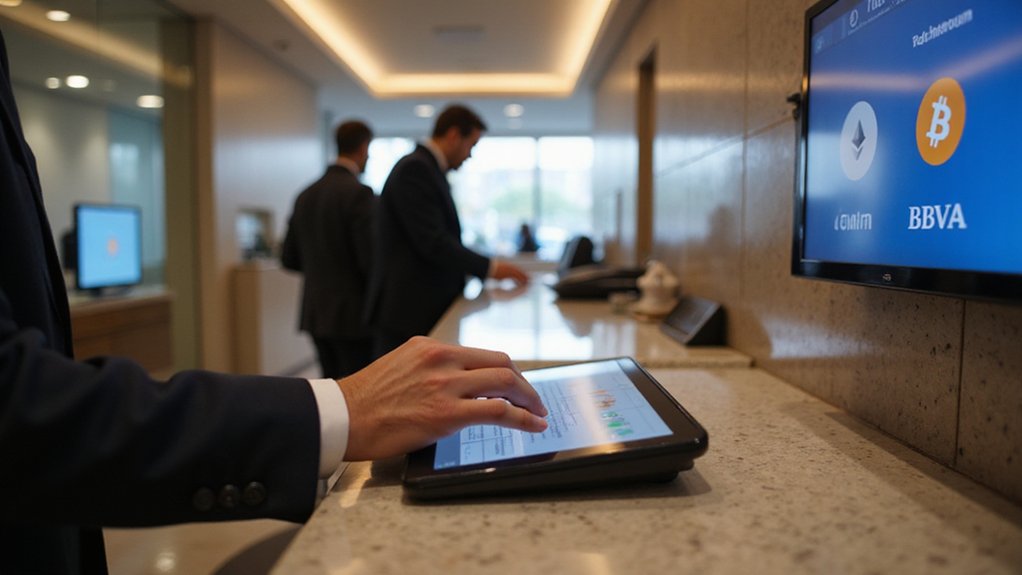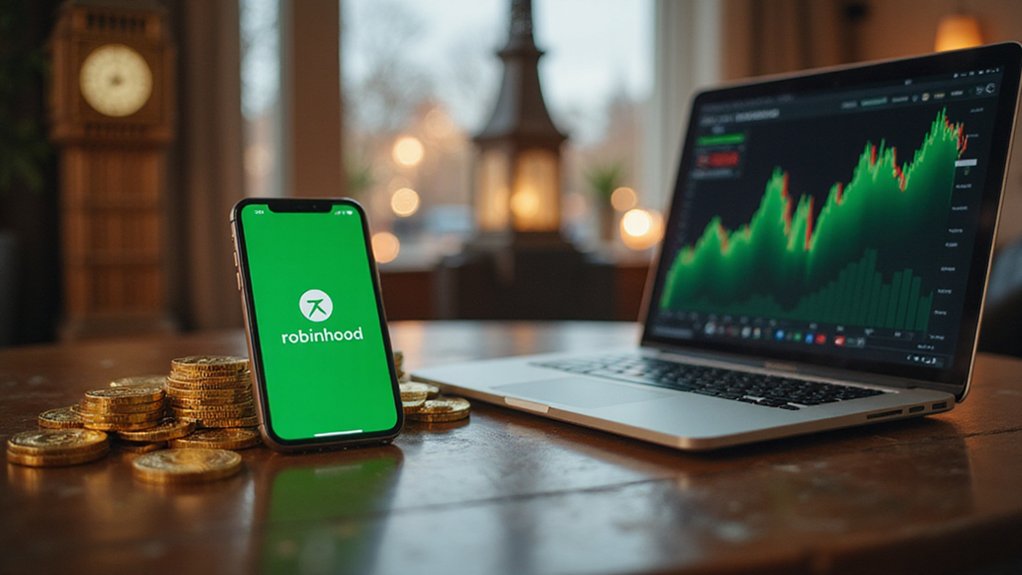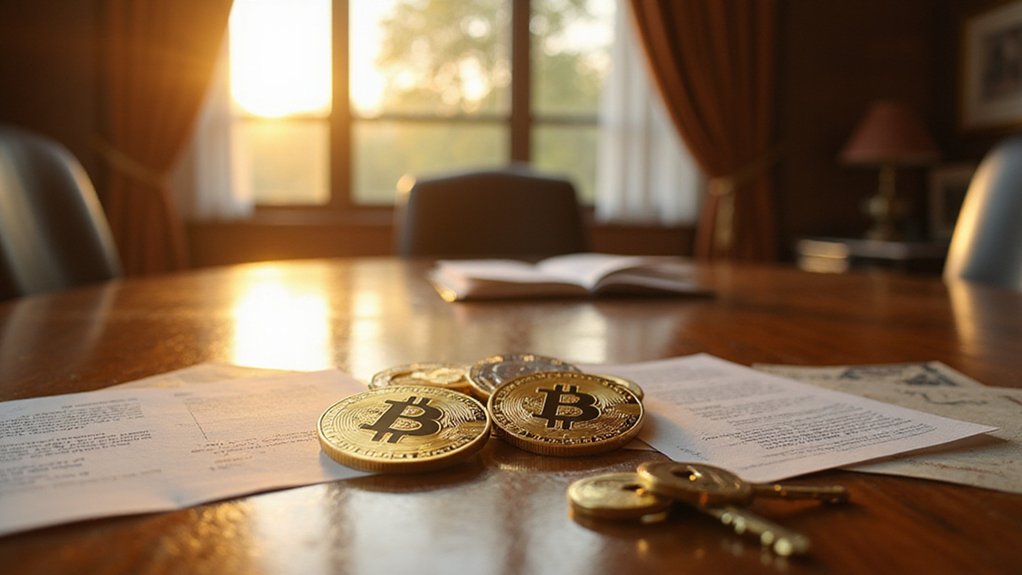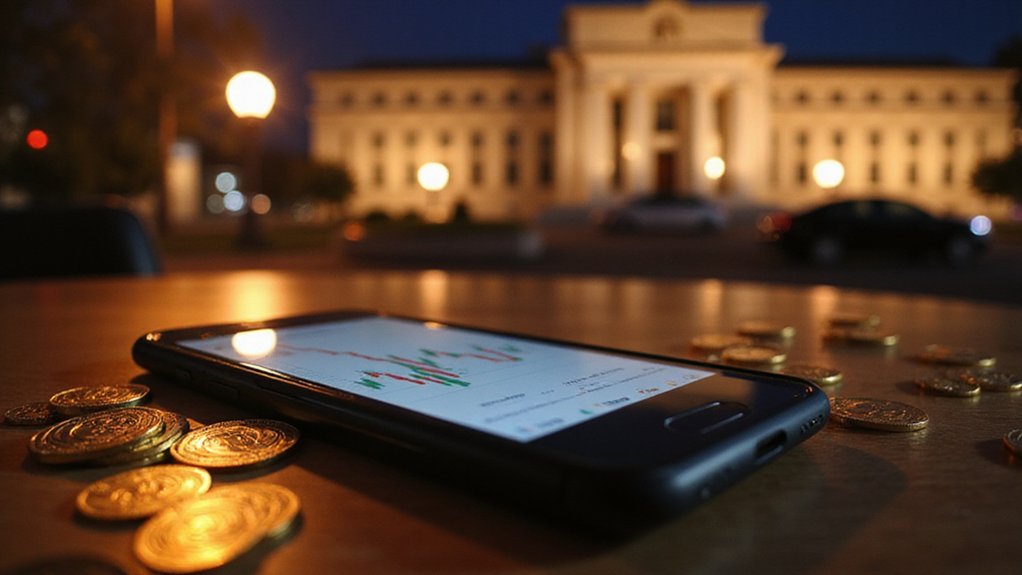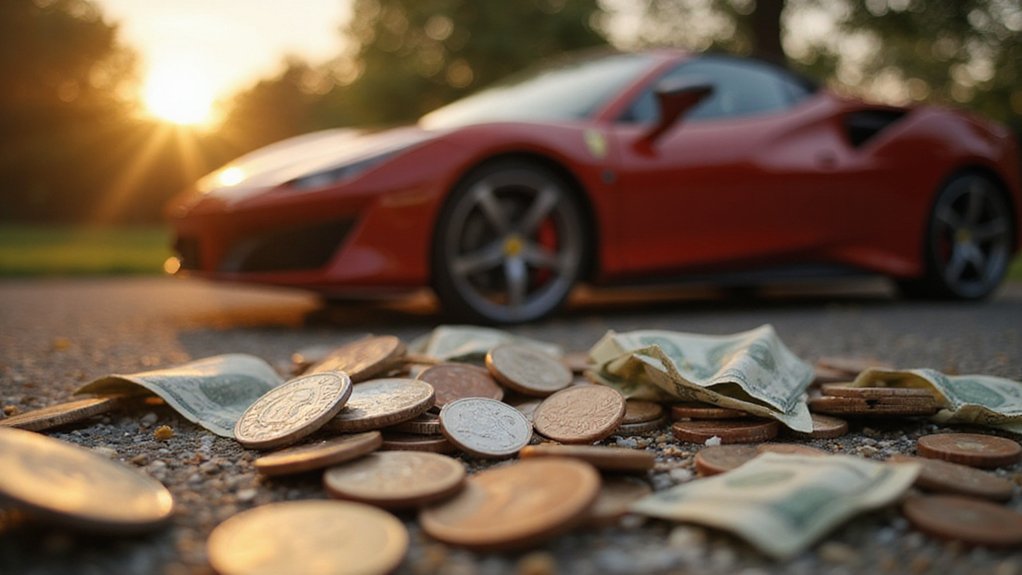While financial capitals worldwide continue to grapple with the regulatory complexities of digital assets, Dubai has quietly positioned itself as the unlikely pioneer in tokenized finance—a development that should surprise precisely no one familiar with the emirate’s penchant for turning audacious visions into concrete reality.
On July 7, 2025, the Dubai Financial Services Authority (DFSA) approved the QCD Money Market Fund (QCDT), marking the first officially sanctioned tokenized money market fund within the Dubai International Financial Centre. This regulatory milestone represents more than bureaucratic box-ticking—it signals Dubai’s calculated embrace of blockchain technology within traditional financial markets, effectively bridging the often-contentious divide between legacy finance and digital innovation.
The fund emerges from an intriguing partnership between Qatar National Bank, which handles investment strategy and asset origination, and DMZ Finance, a blockchain technology firm providing the digital architecture. This collaboration exemplifies the cross-sector cooperation that Dubai seems to cultivate with remarkable ease, suggesting that perhaps the future of finance lies not in choosing between traditional banking and blockchain technology, but in their strategic integration.
QCDT’s significance extends beyond its pioneering status in the Middle East. Tokenized funds promise enhanced liquidity, transparency, and accessibility—benefits that could transform how investors interact with money markets. The fund operates through smart contracts that automate transactions and eliminate traditional intermediaries, following the DeFi model that has seen explosive growth from $1 billion in 2020 to over $120 billion by 2025. The implications ripple outward, potentially establishing Dubai as a hub for tokenized finance while encouraging further innovation in digital asset classes.
This development aligns with Dubai’s broader tokenization ambitions, particularly in real estate, where the market is projected to reach $16.3 billion by 2033, representing 7% of the total real estate sector. Fractional ownership models with minimum investments as low as AED 2,000 demonstrate how tokenization democratizes access to previously exclusive asset classes. The Dubai Land Department’s tokenization initiative positions the emirate as one of the few locations globally allowing real estate tokenization, further cementing its digital asset leadership.
The timing proves fortuitous, coinciding with explosive global growth in Real-World Asset tokenization—over 200 projects now active with $65 billion in total value locked, representing an 800% increase since 2023.
While challenges including regulatory fragmentation and smart contract risks persist, Dubai’s early regulatory support positions it to capitalize on this institutional adoption wave, transforming what many considered experimental technology into mainstream financial infrastructure.

